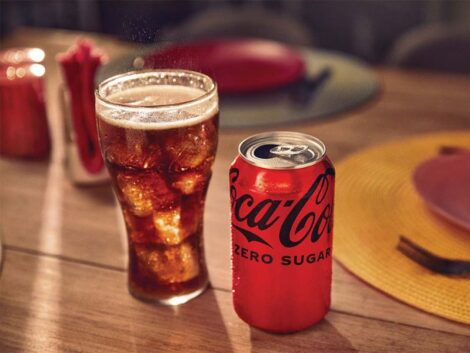Zero sugar beverages market to surpass $13bn by 2033
According to estimates from Future Market Insights (FMI), the global zero sugar beverages market is likely to be worth $3,328 million in 2023.
It is expected to pick up speed with a CAGR of 14.7% from 2023 to 2033. By 2033, the global market is anticipated to reach a value of around $13,150.6 million.
Premiumisation has contributed to bridging the gap between luxurious and normal markets. Hence, all customers can acquire exclusive and innovative products.
Manufacturers of zero-sugar beverages can clearly see how premiumisation is beneficial. Consumers are now willing to pay more for products with value-added features and actual benefits.
They are becoming more confident in the brand name and clean labelling. Considering product quality, leading manufacturers are concentrating on improving consumer-end products.
With an increasing number of zero-sugar beverages available, modern consumers are able to find products that fit their specific needs and preferences, whether it’s for taste, convenience, or nutrition.
Common flavours available in the zero sugar beverages industry are cola, orange, lemon, watermelon, guarana, grape, and strawberry. Zero sugar beverages are also available in cans, PET bottles, and glass bottles.
There is a growing trend among consumers to opt for beverages made from natural ingredients without any added sugar. There is also an observable shift toward consuming natural food additives and sugar substitutes.
To cater to the increasing demand for sustainable beverages, manufacturers are creating products with natural ingredient compositions and reduced processing. This is evident through the labelling of beverages as ‘no added sugar,’ ‘zero sugar,’ ‘light,’ and ‘diet,’ which aid consumers in making informed buying decisions.
Leading companies often introduce new products featuring unique flavours and promote them as either a ‘new edition’ or a ‘limited edition.’ This marketing strategy generates excitement and anticipation among consumers even before the product is released, which can benefit the product’s reception in the market.
For example, Coca-Cola launched a Grammy-nominated Marshmello-inspired limited edition zero-sugar Coca-Cola drink in June 2022. This new product featured a blend of natural flavors, including strawberry and watermelon. This approach allows companies to not only promote their brand but also generate interest in their latest offerings.








